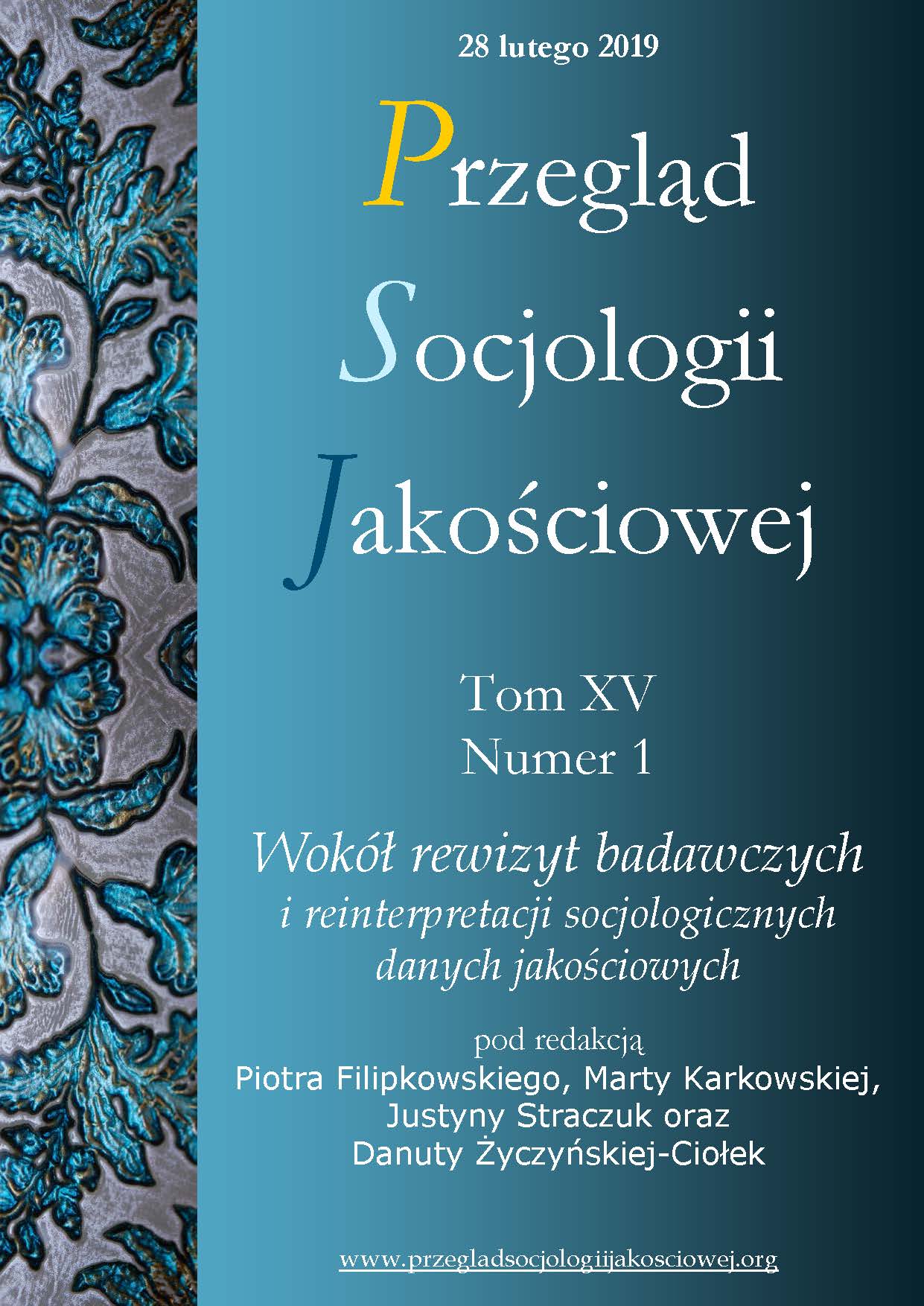Czy można wejść dwa razy do tej samej rzeki? Polska pamięć o Żydach i Zagładzie 25 lat później
Polish Memory of Jews and the Holocaust 25 Years After
Author(s): Sławomir Kapralski, Dariusz Niedźwiedzki, Jacek NowakSubject(s): Jewish studies, History of Judaism, History of the Holocaust
Published by: Wydawnictwo Uniwersytetu Łódzkiego
Keywords: memory; non-memory; Jews; the Holocaust; trauma
Summary/Abstract: In the years 1988-1993 the authors of this article participated in the research project “The Memory of Jewish Culture Among the Inhabitants of the Sub-Carpathian Region,” in result of which ca. 400 in-depth interviews with the inhabitants of southern Poland have been collected. This material for various reasons have not been elaborated at that time. In 2013, we have decided to return to it in the framework of a new project: “Strategies of Remembering the Jewish Culture in Galicia.” The new reading of the material collected 25 years ago offered us an exceptional opportunity to see how our perception has changed. We have noticed several hidden assumptions that we assumed when conducting interviews. The first of them was the location of the interviewees in the “allochronic discourse” in which they were perceived as the representatives of the past who did not belong to our commonly shared present and were not influenced by it. The second assumption was the commonsense concept of memory as mnéme, that is the present recollection of the image of events as encoded in the past. The third assumption was the acceptance as something self-evident that the interviewees must remember what they had experienced and that it is precisely the content of that experience that they share with us in the situation of the interview. While reading the interviews again, we have had to revise these assumptions. We have accepted that the visions of the past are constructed in the present, that they serve to build and to defend the constructs of identity of the respondents, and that what they delivered was in fact a result of a complicated process of interaction and overlapping of various discourses in terms of which they apprehended the past. We have also had to self-critically admit that reading the old material from the perspective of the debates that took place in Poland after the publications of Neighbors and following books by J. T. Gross revealed a certain naivety with which we had approached the Polish Jewish relations 25 years ago and a certain tendency to marginalize the Holocaust in favor of a nostalgic vision of Jewish culture. The revision of this naivety allowed us to see in the interviews the motifs, allusions, significant silences, contributing to what we describe in the final sections of the article as “non-memory” in which the past unveils more authentically than in its elaborated images.
Journal: Przegląd Socjologii Jakościowej
- Issue Year: XV/2019
- Issue No: 1
- Page Range: 42-70
- Page Count: 29
- Language: Polish

